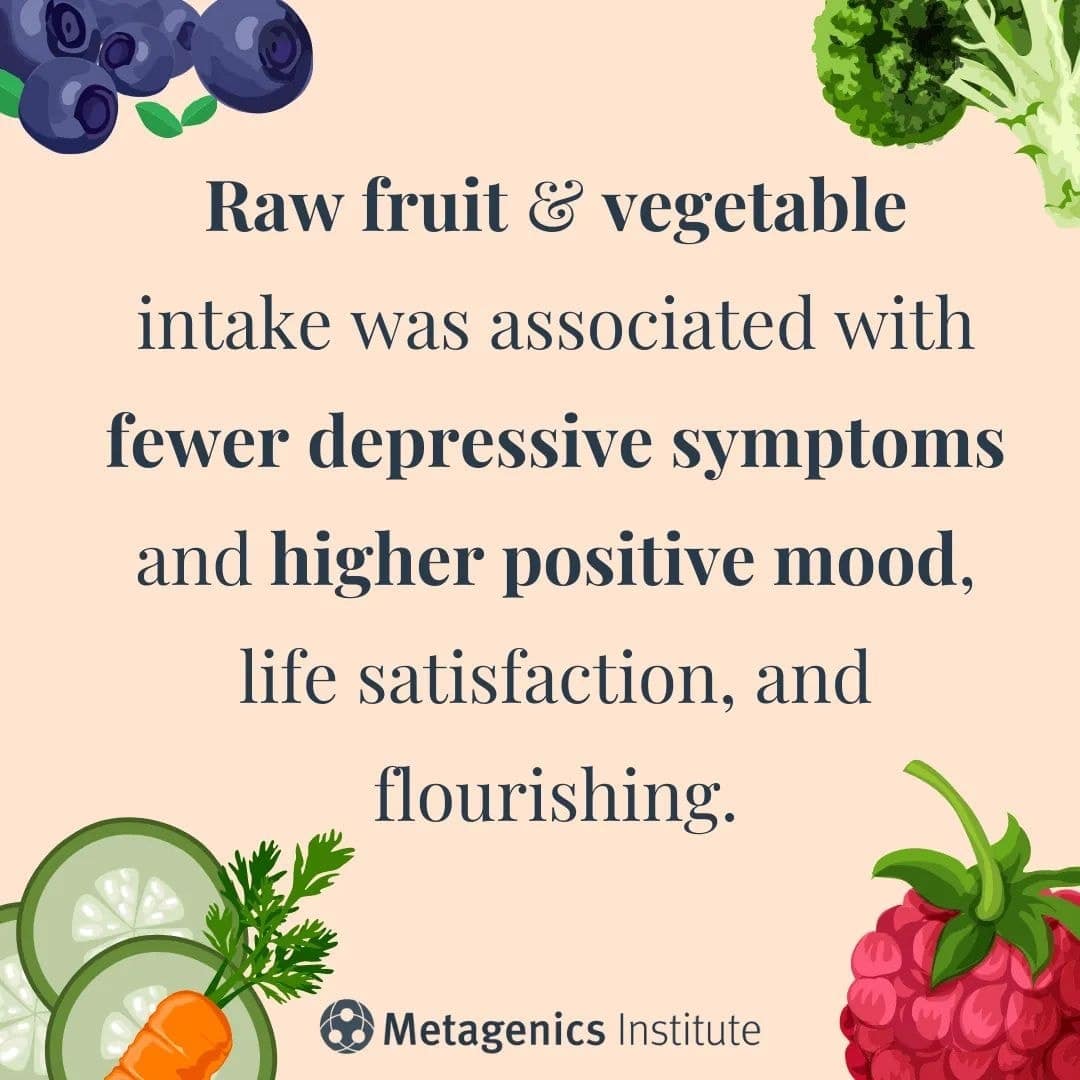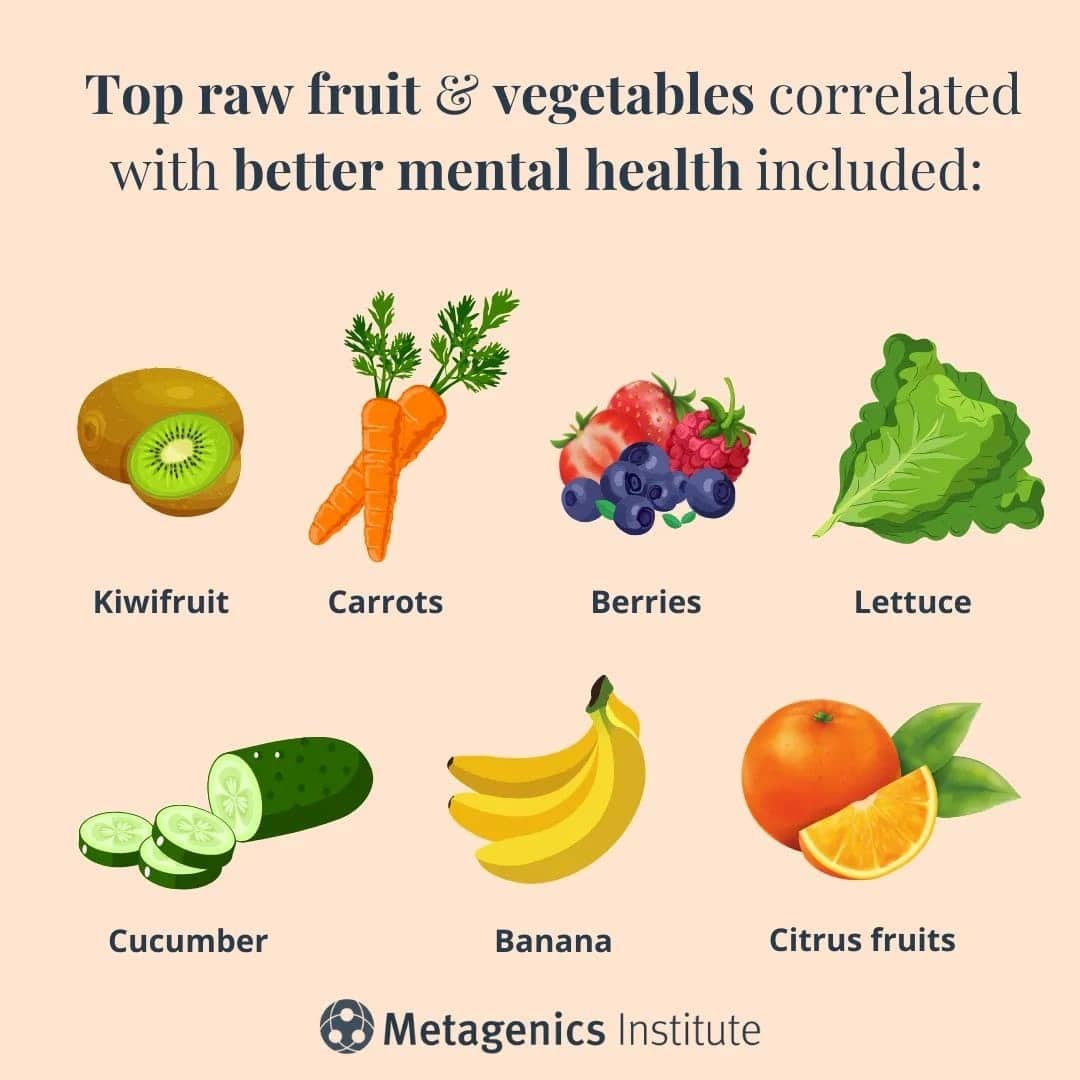Depression is unfortunately an extremely common condition these days. It is estimated that almost a quarter of all Australians are affected by depression and/or anxiety.1 These disorders can greatly reduce a person’s enjoyment of life, and interfere with work, family, relationships, personal wellbeing, and more.
To make matters worse, depression is a condition that can be difficult to find relief from. Whilst there are plenty of anti-depressant medications readily available through a GP or specialist, these focus on altering the brain chemistry to enhance the effect of certain mood-lifting chemicals, including serotonin, dopamine and norepinephrine. However, it is estimated that these medications do not always work – in fact, anti-depressants have been shown to be effective for (on average) 1 in 5 people.2 So in other words, these drugs are really missing the mark for a lot of people. Not only that, they are well-known to have significant and often unpleasant side-effects.
As a holistic practitioner, I always feel that we need to ask what else might be at play that is contributing to the depression. There is emerging evidence to suggest that the body’s reaction to stress, the ability of the brain to adapt to change, and low-grade inflammation may also be part of the picture.3
Get The Right Herbs On The Job
Thankfully, there are some fantastic natural herbal medicines that may help ease depression, and many can be used safely alongside pharmaceutical medications (but check with your practitioner first). Curcumin, a compound of turmeric, has been shown to be an effective herb to use to help lift moods – not only is it potently anti-inflammatory, it also contains properties that help to protect the brain as well as the mitochondria (the ‘powerhouses’ that produce energy in your cells). There is a theory that when the mitochondria are not functioning properly, this can contribute to the development of depression (as well as leaving you feeling flat and tired!)
Another herb that I find extremely useful for low moods is saffron. Saffron is well-known as a culinary herb (and an expensive one at that – gram for gram it costs more than gold!), and was used in ancient Persia for the treatment of depression and various digestive issues. In the clinic, I find that the combination of these two herbs works very well together, and many patients have reported how much better they feel when taking these two simple herbs. Research confirms that these two herbs may be useful for low moods – in fact, some studies have found that they are as effective as some antidepressants (and they certainly have fewer side-effects).4,5,6
Mood-Lifting Ideas
As I mentioned earlier, we need to shift our focus from depression solely being a disease of the mind, and take into account the whole person – body, mind and soul. Making some simple nutrition and lifestyle improvements may be absolutely invaluable in easing depression, as well as preventing it recurring. Here are a few simple tips:
- As much as possible, eat a wholefood diet. Eating well provides the body with essential nutrients that help keep things functioning optimally – including assisting it to make the right brain chemicals, and keeping inflammation at bay. This is actually an area that modern science is looking into with great interest (which has been dubbed 'nutritional psychiatry'). Focusing on lean protein foods, fresh vegetables, fruit, raw nuts and seeds as well as plenty of water provides protein, essential fatty acids, vitamins and minerals that help to protect against depression.
- Magnesium supplements may be helpful. A good proportion of people are deficient in magnesium, and this is one mineral you need when you are stressed, anxious or experiencing mood challenges. Magnesium plays a role in your brain, your cell’s ability to produce energy, and it helps you cope with stress.
- Get a little exercise. Although this is often the last thing we feel like doing when we are depressed, it can be extremely beneficial. Walking in a ‘green space’ (ie a park or bushland) has been shown to be extra good for lifting moods and reducing stress.
- Listen to your gut feelings. There is a lot of interest and research happening into the link between the gut and the brain, and one area that is being looked at closely is certain probiotic strains that may be helpful for depression. It makes sense to me to ensure the gut is being looked after as much as possible – as a healthy gut is essential for overall wellbeing.


